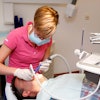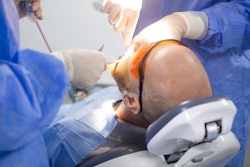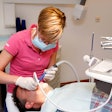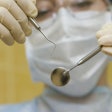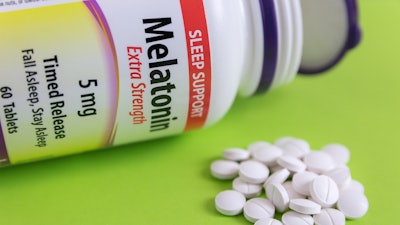
The sleep aid supplement melatonin may have a protective role in oral health, potentially aiding in managing periodontitis, oral cancers, and more. The correspondence was published recently in the Journal of Medicine, Surgery, and Public Health.
To raise awareness of melatonin's preventive potential, public heath initiatives should be created and policy frameworks should consider these results in oral health guidelines, the authors wrote.
"Given its established safety profile and availability as a supplement, melatonin represents a promising therapeutic agent that could be integrated into oral healthcare practices," wrote the authors, led by Russel Reiter, PhD, of the University of Texas Health Long School of Medicine in San Antonio (J Med Surg Public Health, October 24, 2024, 100151).
Though most associated with sleep regulation, melatonin also shows considerable antibacterial, antiviral, anti-inflammatory, and antioxidant properties. The circadian rhythm of melatonin secretion, which peaks at night, suggests that it could help synchronize the daily repair and maintenance processes of oral tissues. This synchronization may add to the prevention of tooth decay and dental erosion.
For example, in January 2023, a randomized clinical trial published in the Journal of Oral and Maxillofacial Surgery revealed that patients with impacted lower third molars may experience less pain and swelling if melatonin is applied to their tooth sockets after surgical removal.
Since melatonin may have a place in improving oral health, dentists should consider assessing the use of the supplement in patients, specifically those with inflammatory oral conditions or systemic diseases. If dentists recommend melatonin products like topical gels or tablets, they may enhance treatments for gum disease, reduce oral lesions, and accelerate tissue repair, the authors wrote.
To optimize patient outcomes, training programs should be created so dentists can learn melatonin's benefits and proper applications and dosage.
Nevertheless, the study had limitations, including that the research lacked large-scale epidemiological studies that directly link better oral health to melatonin use, the authors wrote. Therefore, thorough clinical studies should be conducted to establish an empirical foundation for melatonin's protective effects on dental outcomes, they wrote.
"In light of the demonstrated anti-inflammatory and antioxidant properties of melatonin, it could play a significant role in preventive dental care," Reiter and co-authors wrote.


